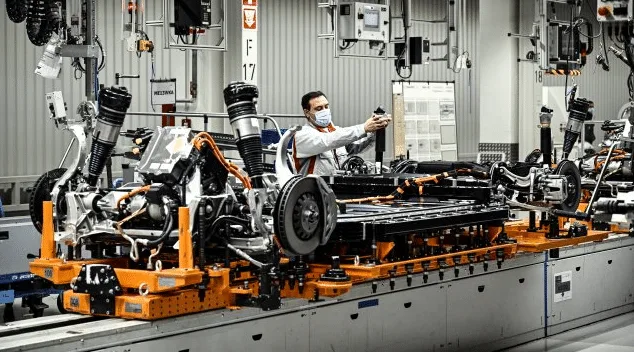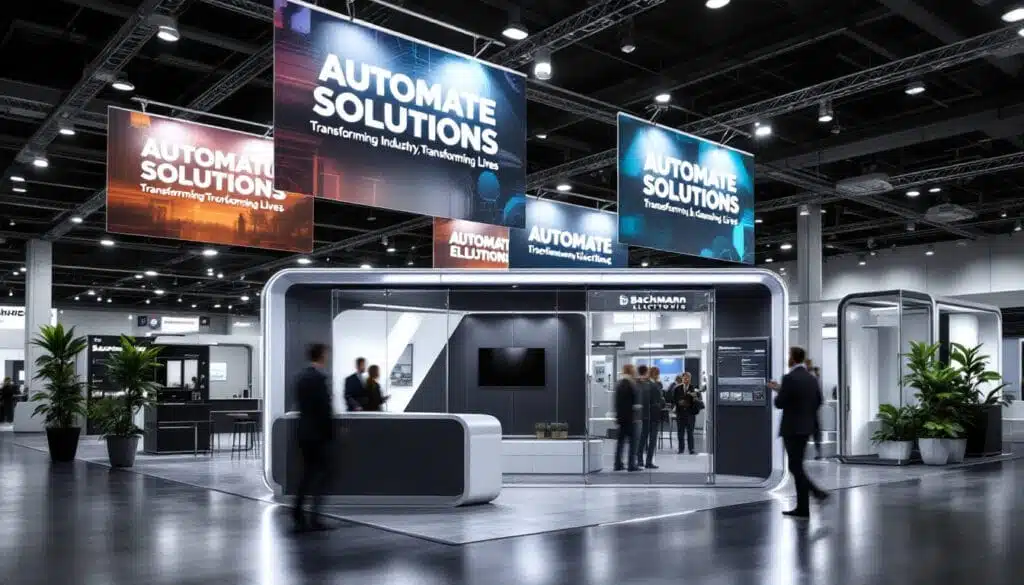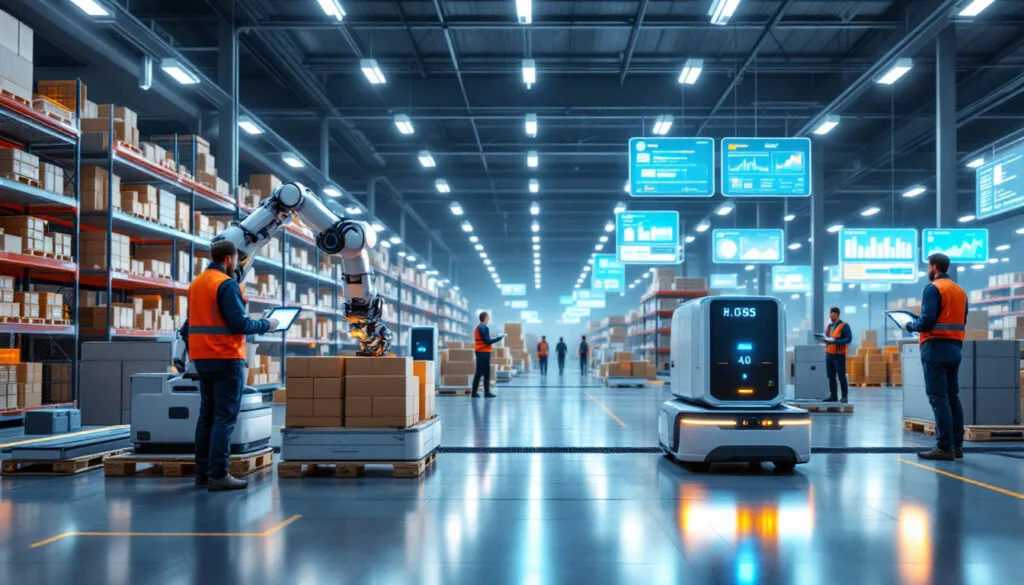As the assembly of the luxurious electric SUV Q8 e-tron draws to a close, the future of the Audi factory in Brussels becomes increasingly uncertain. The potential closure as early as 2025 casts a shadow over local economic prospects, directly threatening 3,000 jobs. Belgian authorities and unions, led by Gregory Dascotte of the FGTB, are alarmed by this potential industrial debacle amid the sector’s shift towards electric vehicles. Yet, no clear solution seems to be in sight for the immediate future.
The Audi factory in Brussels, operational since 1949, faces an uncertain future. Owned by the premium German brand since 2007, it could close its doors by 2025. In July, Audi announced the premature end of production of its sole model, the high-end SUV Q8 e-tron. This decision foreshadows a bleak future for the site, as no new vehicles are planned to replace this model. Consequently, 3,000 employees may lose their jobs. The resigning Prime Minister, Alexander De Croo, is alarmed and emphasizes the need to save as many jobs as possible. Furthermore, despite attempts and takeover offers, Audi’s management has rejected these proposals, desperately seeking a viable project to preserve the factory’s operations.

The Audi factory in Brussels is under unprecedented pressure. Established in 1949, it began as a beacon of the automotive industry, attracting thousands of workers. Today, its days seem numbered, due to an inability to keep pace with changes in the automotive sector. These challenges are exacerbated by the need for a transition to more eco-friendly vehicles, calling into question the site’s viability.
Table des matières
Toggleeconomic and social consequences of the closure
If the factory were to close, it would directly affect around 3,000 people. These workers, rooted in Brussels, would suddenly find themselves unemployed. The Belgian government is mobilizing to find solutions and prevent this catastrophic situation. The goal is to find a viable model that can ensure the continuity of production and secure jobs, in a context where the European market struggles to absorb luxury electric vehicles.
search for solutions and future of the sector
Audi is currently exploring several options for the factory’s future, including seeking a strategic partner. Discussions are ongoing to determine whether a new direction could save the site. The stakes are high: it is not only about preserving jobs but also innovating to give a new lease of life to the European automotive industry, which is struggling to adapt to new environmental demands. Audi has also rejected several takeover offers, highlighting the complexity of the decisions ahead.





